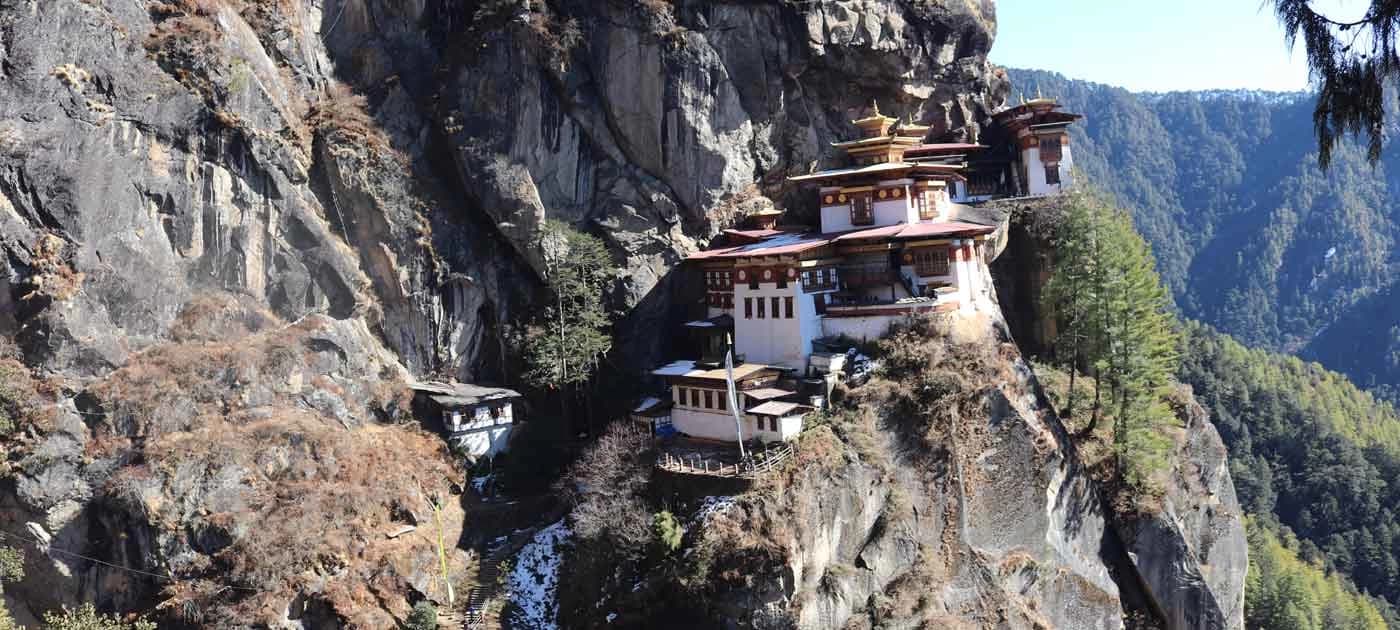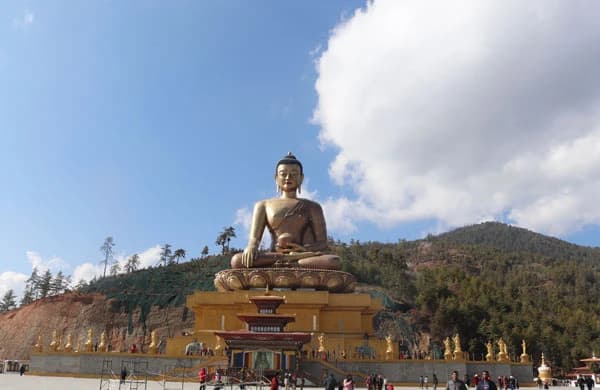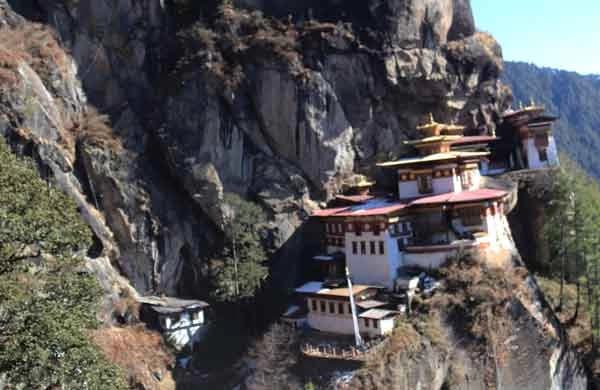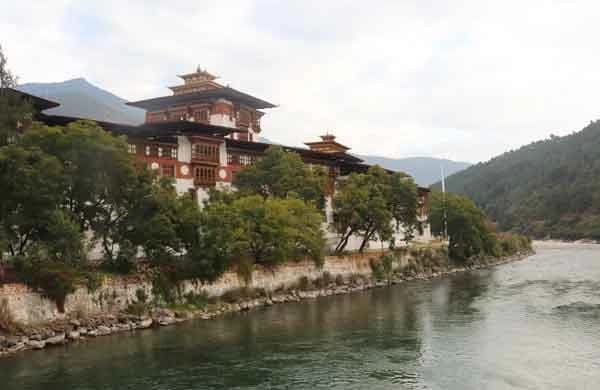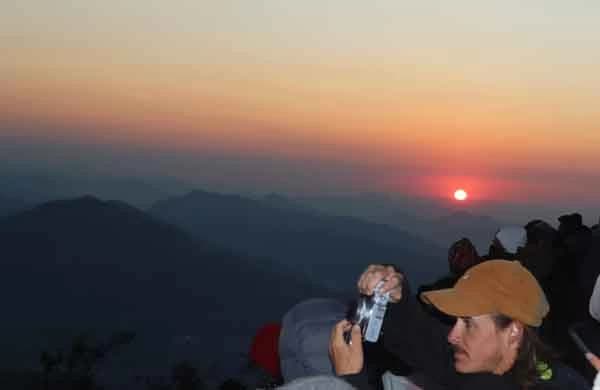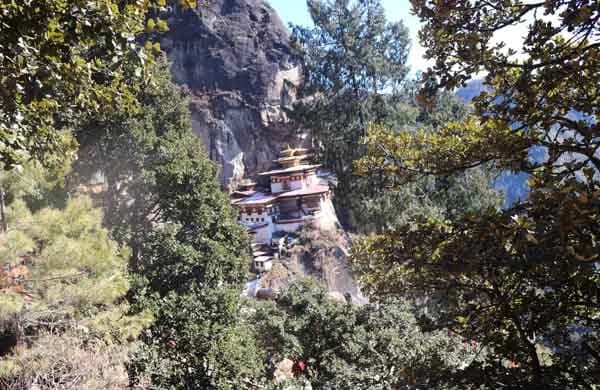Bhutan is a small, landlocked country sandwiched between the world's largest nations, China and India. Known as "The Last Shangri-La" and "The Land of the Thunder Dragon," Bhutan remained isolated from the world for centuries until the 1960s. Today, Bhutan is a unique blend of ancient traditions and modern development, attracting visitors worldwide.
Bhutan is a unique and beautiful travel destination that should be on your bucket list. Find the best Bhutan tour packages and Itineraries in our highly informative website to discover the country's stunning landscapes, rich culture, and friendly people. From hiking in the Himalayas to visiting ancient monasteries, there's something for everyone in Bhutan.
